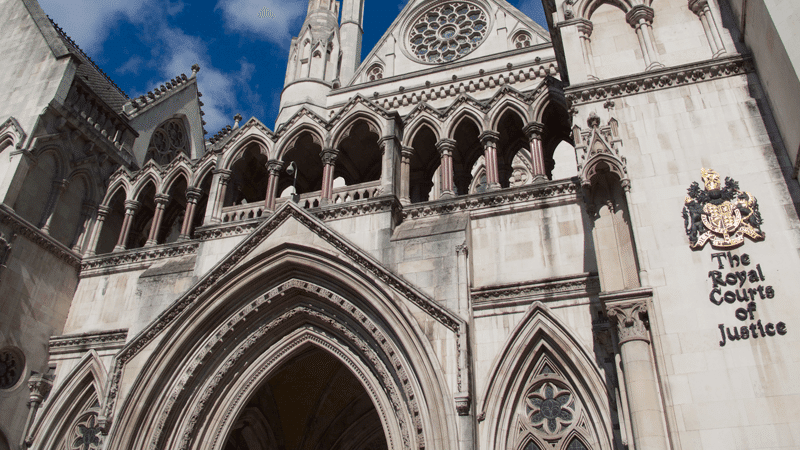The High Court has rejected the latest attempt to weaken the law on assisted suicide.
Phil Newby – who has Motor Neurone Disease – argued that the current ban interfered with his rights under the European Convention on Human Rights.
High Court judges refused the challenge saying the court is “not an appropriate forum for the discussion of the sanctity of life”.
Vulnerable
Care Not Killing (CNK) – who campaign against assisted suicide – welcomed the ruling and described the challenge as “unnecessary”.
Spokesman Alistair Thompson highlighted that both Westminster and Holyrood have rejected plans to legalise assisted suicide in recent years.
He added: “If you change the law, vulnerable people will feel pressured into ending their lives.”
Essential protection
Earlier this month, two Peers wrote to The Times to express their opposition to assisted suicide.
Our wellbeing depends upon those around us assisting us to live — not to die.
Baroness Campbell of Surbiton, who was born with spinal muscular atrophy, said: “The current law affords essential protection not only to terminally ill and disabled people but also to those who care for us.
“Our wellbeing depends upon those around us assisting us to live — not to die.”
It was accompanied by a letter from Baroness Butler-Sloss, who expressed concern at the recent decision by the Royal College of Physicians (RCP) to end its opposition to assisted suicide.
’Neutral’
Last month, it was announced that campaigners challenging the RCP will have their case heard in the High Court.
Earlier this year the RCP announced it was ending its opposition to assisted suicide to become ‘neutral’ – despite over 40 per cent of doctors voting to remain opposed.
A group of doctors took issue with the decision, and a judge ruled the action can be challenged at the High Court.


